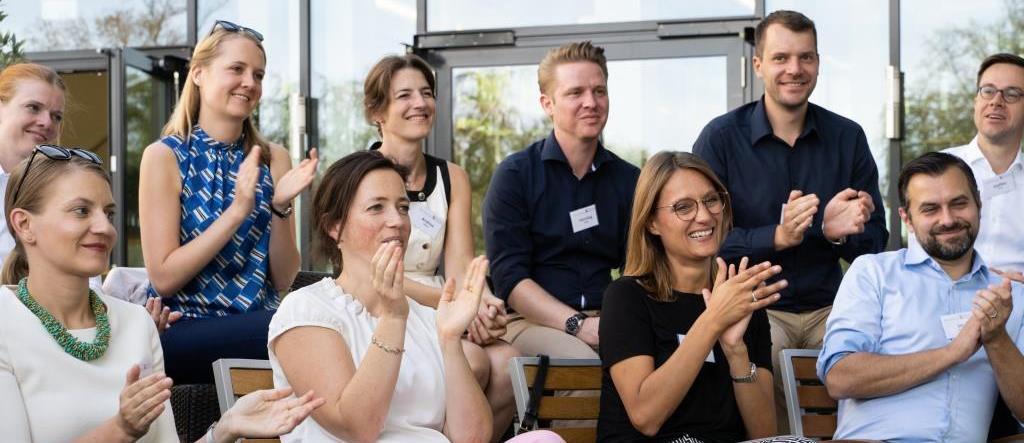1. How can any leader transform a (business) culture to make it more inclusive and diverse? Where do you start?
Diversity and inclusion are often mentioned together, and of the two concepts, diversity is much easier to understand. It's visible. You can see gender, race or nationality. Inclusion, on the other hand, is invisible. You can't see it or touch it; you feel it. I like to say, diversity is a fact. Inclusion is a choice.
We discovered that an inclusive culture has a balance of two factors: employees need to feel like they belong in their team and they need to feel valued for their unique skills and capabilities. When employees feel included, they are more likely to engage in innovative behaviours and be better team players, all of which can all boost overall organizational performance.
It's all about empowering and supporting your team with the end goal of building an equitable, inclusive, and fulfilling workplace where everyone can thrive.
2. What do diverse teams and inclusive business cultures bring to the table that makes them perform better?
Numerous studies have shown that diverse teams and inclusive cultures that leverage a multitude of strengths, backgrounds, and perspectives make companies more competitive. Diverse teams increase innovation and productivity, lead to better performance and problem solving, reduce groupthink, and enhance decision-making.
3. Looking at one aspect of diversity, female empowerment: Do women in leadership roles face different challenges in the U.S. and in Germany? And how do these differences look like?
In both the US and Germany, the number of women in top leadership positions is stagnant. In Germany, issues such as board diversity and the pay gap are being addressed through legislation; in the US solutions are more likely to be driven by stakeholders and corporate leaders.
4. What are your views on gender quota regulations?
Catalyst does not take a position on quotas. Catalyst supports any effort that encourages organisations to add women to their boards. Mandates, also known as quotas, are one way to do so. Another way that works is through intentional action by the company's board leaders.
Lorraine Hariton is the President & CEO of Catalyst, a global nonprofit organization who brings some of the world's most powerful CEOs and leading companies together to build workplaces that work for women.

